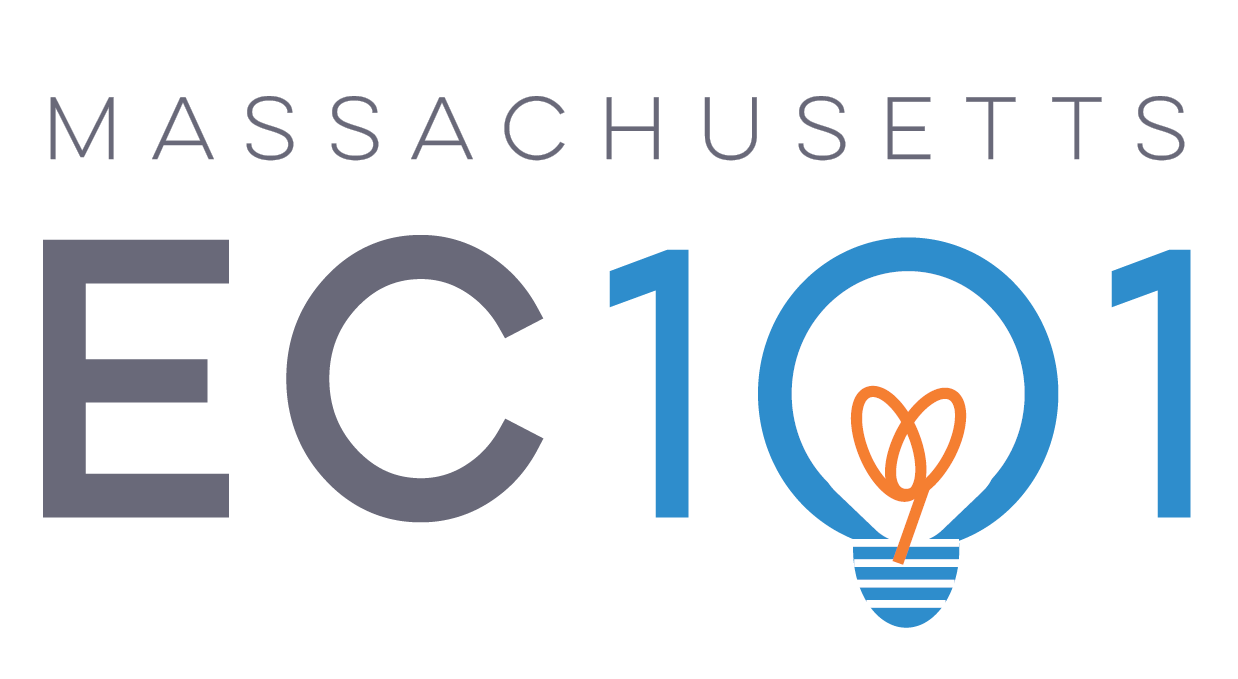Health Insurance

Health & Wellbeing
Services that address the development, physical health, and mental health of young children, their caregivers, and their relational wellbeing
IN THIS SECTION
Publicly Provided
The Massachusetts Medicaid program (MassHealth) is a health insurance plan for the nearly one-fifth of Massachusetts residents with low or medium income levels. Any child born to parents eligible for MassHealth is automatically eligible for up to one year.
Program Snapshot: MassHealth
Health & Wellbeing
Ages
Birth - 5 years
Usage
Geography
Statewide
Professionals
MassHealth
Settings
Doctor Offices, Clinics, Specialist Offices, Pharmacies
Oversight, Guidance, and Regulation
United States Department of Health and Human Services
MA Executive Office of Health and Human Services
Equity Considerations
In Massachusetts there are disparate utilization rates of MassHealth based on race. People of color, particularly Black individuals and families, are more likely to be on MassHealth compared to other individuals and families. Further, reimbursement rates for MassHealth tend to be low, which can limit access to care for enrollees.
Health & Wellbeing
Ages
Birth - 5 years
Usage
Geography
Statewide
Professionals
Private Insurers
Settings
Doctor Offices, Clinics, Specialist Offices, Pharmacies
Oversight, Guidance and Regulation
Executive Office of Housing and Economic Development, Division of Insurance
Private Health Insurance
Private provider insurance is health insurance coverage that is offered by a private entity, rather than the state or federal government.






